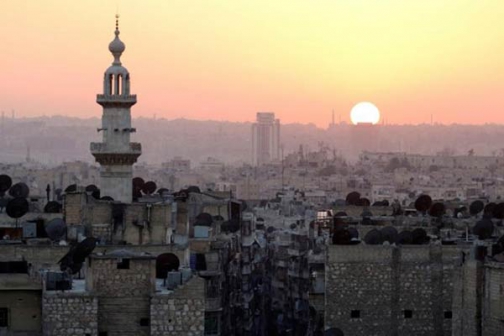×
The Standard e-Paper
Fearless, Trusted News

Paris: France is to launch a new push for United Nations backing for a ceasefire in Syria that would allow aid into the city of Aleppo after some of the heaviest bombing of the war.
As diplomatic efforts resumed, the Syrian military said army commanders had decided to scale back air strikes and shelling in Aleppo to alleviate the humanitarian situation there.